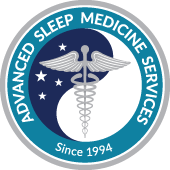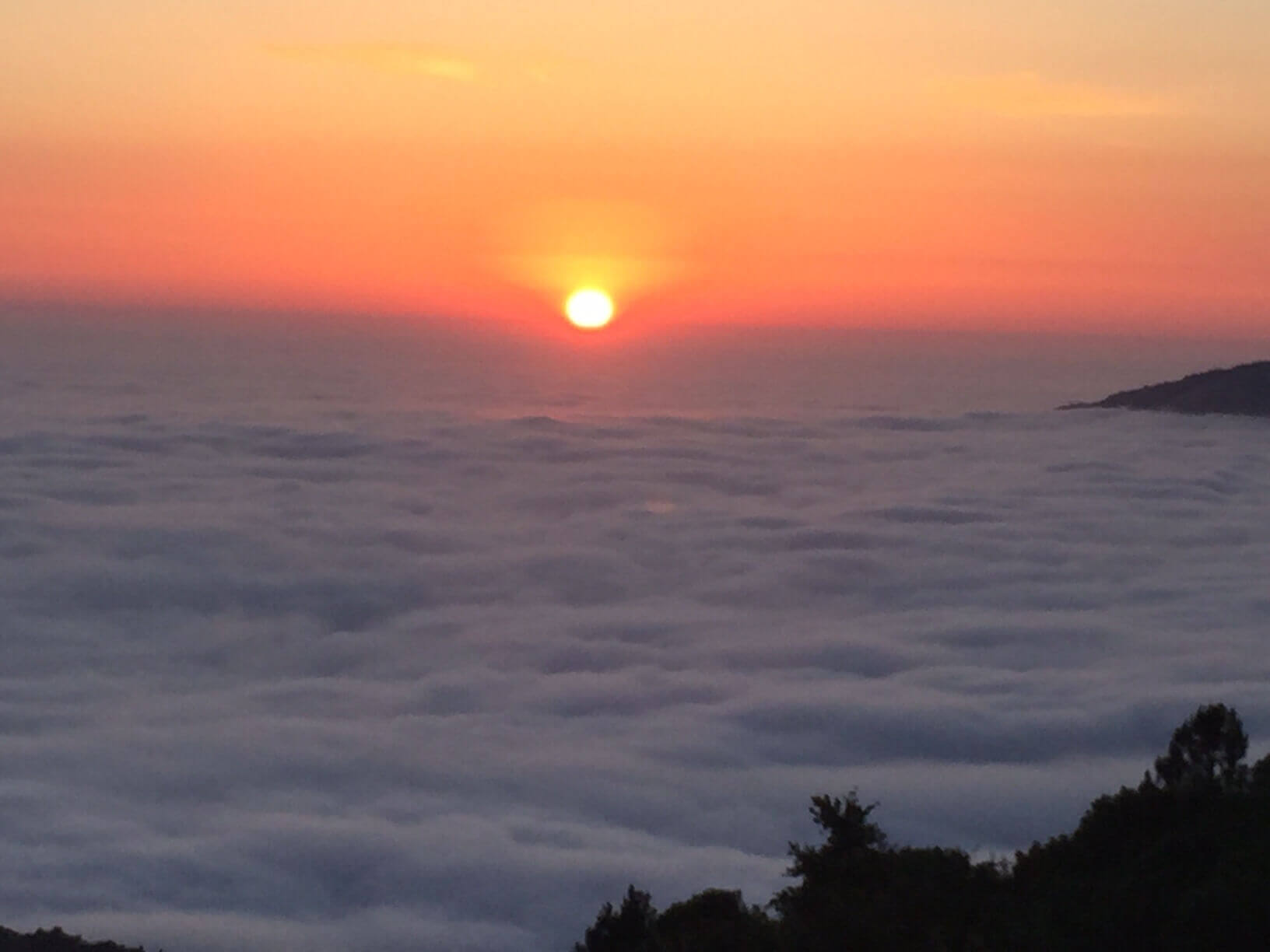For me, camping is all about sleeping outside- both the challenges and the rewards.
It has taken our family years of trial and error to find exactly the right sleeping arrangements (10 person tent for the 5 of us, queen-sized self-inflating air mattress, flannel sheets, heavy down comforter and kids on their own cots).
Camping is almost always a social activity with one or more other families. Our kids run around all day, getting filthy and engaging in screen-free activities like catching lizards and throwing rocks. As the sun sets and we clean up sticky fingers from our nightly s’mores, I’m ready for bed. I love the creeping sleepiness that approaches with the sunset after spending an entire day outdoors. It’s also the one time my kids don’t argue about going to bed. They’re ready. We fall asleep just after the sun sets and wake up just after it rises.
It’s no surprise that studies have shown sleeping outside is great for re-calibrating your sleep cycle. Camping [usually] means that you’re not using your iPhone or watching TV before bed. Electronic devices are not only stimulants- as all parents know- but also emit blue light which can effect melatonin levels and make it hard to fall asleep (learn more about that here).
Sleeping outside typically means that you’re following the sun’s schedule. So even if you’re not getting more sleep when you’re camping (which I always do), the timing of your sleep gets in sync with natural melatonin levels so it’s easier to fall asleep and wake up feeling more rested.
I could reminisce about my recent camping trip (see that beautiful sunset? That was our first night camping in Big Sur this past weekend) for this entire post; however, I’ll tie this back to our main topic, sleeping outside. No matter where or who we go camping with, there are two questions that often come up while camping related to sleep apnea.
Do I snore?
Usually it’s “Did you hear so-and-so snoring last night?” There’s a lot you can’t hide when you’re out camping. Like snoring. After spending the evening around the smokey campfire, maybe drinking a beer of two, breathing in the pine and other allergens all day long and then sinking into an air mattress, even those who don’t normally snore may snore while camping. Especially if you camp with friends, you’ll find out quickly if you snore. They will tell you.
It’s important to find out if it’s more than just snoring. While it’s possible that you don’t snore every night at home, if you’re learning for the first time that you snore loudly or are told that you make choking sounds while sleeping, you need talk to your doctor and may need a sleep study. Learn more about snoring vs. sleep apnea here. While not everyone who snores has sleep apnea, everyone who has sleep apnea snores. You need to find out which one applies to you.
Can I use my CPAP while camping?
The second sleep-related discussion I frequently have is about using CPAP while camping. Many people, once they are diagnosed with sleep apnea and begin PAP therapy, can’t imagine sleeping another night without their CPAP because their quality of life has increased so much. There are several options for campers who have sleep apnea and don’t want to return to their pre-CPAP ways:
(1) Take your CPAP with you.
Pack it up and take it to the campsite. If you’ve recently upgraded to a new CPAP device (does your device have cloud-based compliance monitoring?) and held on to your older device, that’s a great option for traveling. You’ll need to figure out a power source like a generator or external battery. There are even solar chargers that will allow you to charge the device during the day.
(2) Use a travel CPAP.
These devices are much smaller and lighter than your regular CPAP and battery operated. Insurance won’t cover a second CPAP purchase, but it may be worth the out-of-pocket expense or you can use HSA or FSA funds (learn more about these and other insurance terms here, learn about insurance coverage for CPAP here). Transcend makes portable CPAPs for business and outdoor travel (not an affiliate link).
(3) Use a CPAP alternative like Provent or an oral appliance.
Provent is a disposable, nightly-use nasal device placed just inside the nostrils and held securely in place with a Band-aid-like adhesive. Provent uses a proprietary MicroValve design that creates pressure when you exhale to keep your airway open.
Oral appliances are dental devices that work to eliminate apneas by keeping the tissue of the throat from sagging into the windpipe. They are not as effective as CPAP at eliminating apnea, but are an option for people who cannot tolerate CPAP or for occaisional use.
These options are usually only recommended for those with mild obstructive sleep apnea, but they can work well for the occaisional travel or camping trip even if you have more severe sleep apnea (it’s better than nothing). Even if you’re a mouth-breather these alternatives may help to reduce snoring and apnea if used with a chin strap.
Don’t let snoring or CPAP stop you from enjoying time outdoors this summer. Is it time to upgrade to a new CPAP? Find out if your insurance will cover a new device. We’ll verify your insurance and request authorization, if needed.
What’s your favorite part of sleeping in the great outdoors? Do you have experience camping with CPAP? Please share in the comments below.
Other posts you may find interesting:


